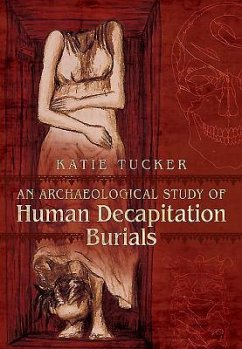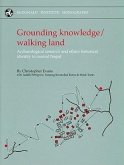This is an in depth yet accessible study of human decapitation burials in Roman Britain. Dr Katie Tucker studied this subject for her doctorate and so is a leading expert in the area. Her findings go against conventional views of human decapitation burials of this period, which traditionally favor the view of a post-mortem removal of the head. Instead, Katie found the majority of the evidence did not support this theory and so concluded that most decapitations were likely to have been performed prior to death, potentially as a result of execution or human sacrifice. In order to gain a full insight into the ways in which these burials were formed and the reasoning behind these practices, Katie compares the decapitation burials to the burials of the wider Romano-British cemetery population. In doing this, Katie is able to better understand the differences between decapitated individuals and the rest of the population in terms of burial practice, demographics and ante-mortem health status. Decapitation burials are not only confined to the Roman period and so Katie also discusses the context of them in the Neolithic, Bronze Age, Iron Age, Early Medieval, Medieval and Post Medieval periods in order to assess whether there is continuity between periods.
Hinweis: Dieser Artikel kann nur an eine deutsche Lieferadresse ausgeliefert werden.
Hinweis: Dieser Artikel kann nur an eine deutsche Lieferadresse ausgeliefert werden.




![Vanishing River: Landscapes and Lives of the Lower Verde Valley -- The Lower Verde Valley Archaeological Project [With *] Vanishing River: Landscapes and Lives of the Lower Verde Valley -- The Lower Verde Valley Archaeological Project [With *]](https://bilder.buecher.de/produkte/59/59810/59810836m.jpg)



